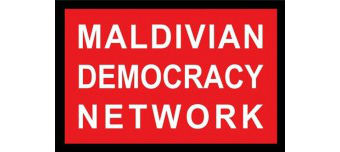Maldives suspends NGO for ‘slandering Islam’
International rights groups urges government to reverse decision.

12 Oct 2019, 09:00
The Maldives government on Thursday shut down human rights group Maldivian Democracy Network over “content slandering Islam and the Prophet Mohamed” in a 2016 report on radicalisation.
Citing an ongoing police investigation prompted by public outrage, the registrar of associations at the community empowerment ministry ordered the NGO to suspend its operations. In a statement released shortly thereafter, the foreign ministry said the Maldives remains committed to upholding constitutional rights but noted that free speech in the country was “subject to refrainment from creating communal discord or blatantly contravening the fundamental tenets of Islam.”
The International Covenant on Civil and Political Rights also recognises that the right to freedom of expression “cannot be exercised maliciously, in the form of hate-speech, or in a manner that contributes to public discord and enmity,” it added.
“The maintenance of public order and communal harmony while ensuring the rights of citizens are the highest obligations of any government. Islam is one of the fundamental sources of our country’s democratic framework as well as a source of unity and peace within our community,” the statement continued.
Become a member
Get full access to our archive and personalise your experience.
Already a member?
Discussion
No comments yet. Be the first to share your thoughts!
No comments yet. Be the first to join the conversation!
Join the Conversation
Sign in to share your thoughts under an alias and take part in the discussion. Independent journalism thrives on open, respectful debate — your voice matters.




